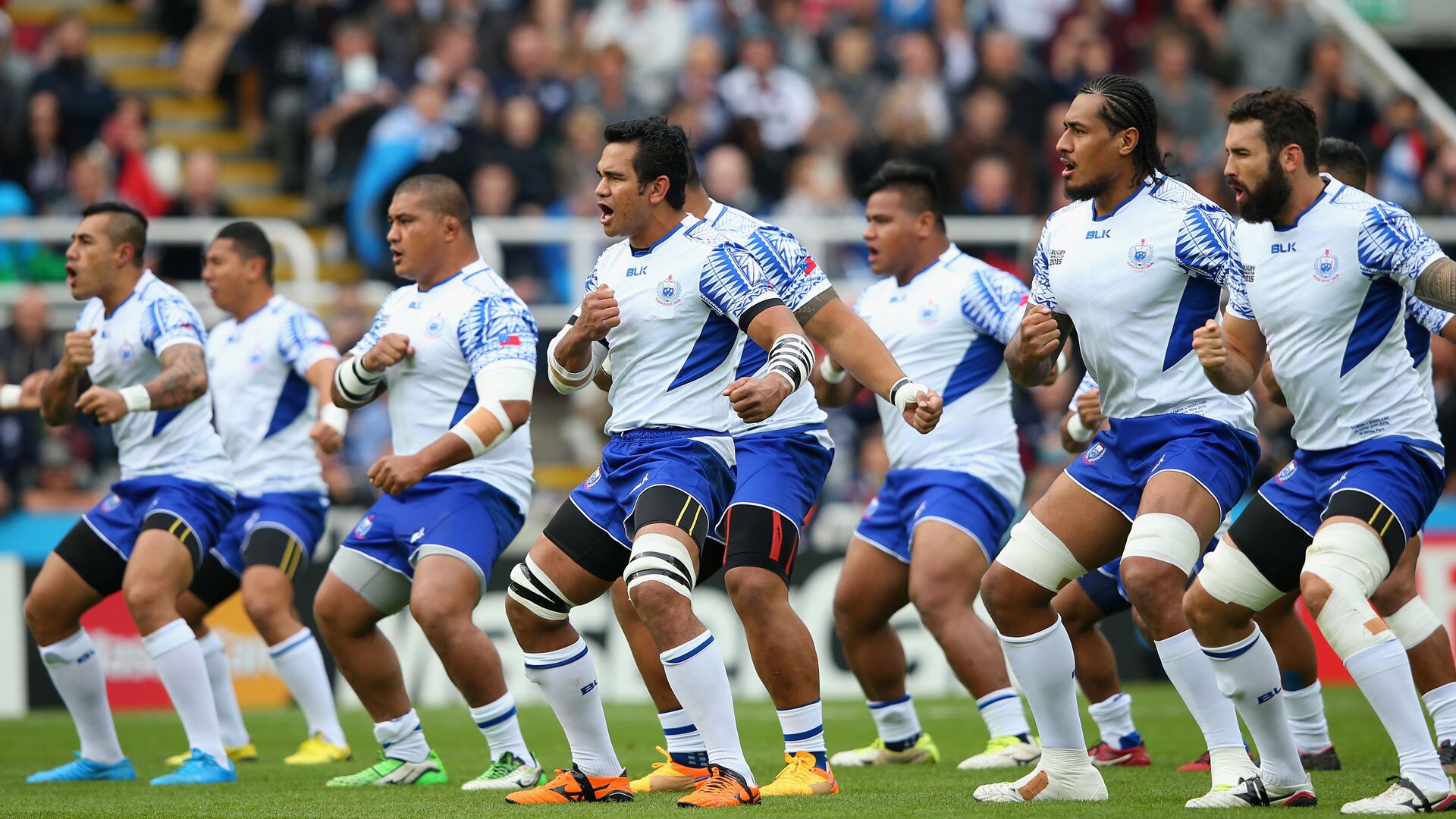Samoa take their opportunities to earn home win over Tonga in horrific conditions

Perhaps the biggest talking point out of the match between Samoa and Tonga was the horrific conditions that the two teams did battle in.
The wind, rain and ripped up terrain meant that points were always going to be at a premium and it was the home team that ultimately made the most of their chances. Samoa triumphed 25-17 in the end, but it was Tonga who lead for lengthy periods of the game.
Despite being played in Samoa, the Tongans went into the game as slight favourites. Prior to kick-off, Tonga were ranked 13th in the world to Samoa’s 16th and the last two clashes between the sides had also fallen Tonga’s way, so there was plenty of motivation for the home side.
Nasi Manu was a late withdrawal from the match with hooker Elvis Taione taking over as captain. This change didn’t appear to affect Tonga’s belief, however, with Cooper Vuna scoring the first try from an excellent kick chase.
Racing 92 prop Ben Tameifuna crashed over just before half-time to give Tonga a 10-3 advantage – even though they had spent almost no time inside the Samoan 22.
Samoa struck back shortly after half-time when Alapati Leuia dotted down thanks to a linebreak from No8 Afaesetiti Amosa. That try, coupled with Ulupano Seuteni’s conversion, levelled the score at 10-all.
A Seuteni penalty only minutes later put the Samoans in the lead for the first time in the match, 50 minutes in.
Tonga then finally got their hands on the ball for more than just a couple of phases in a row and made the most of it. Samoa were forced to defend their try line for an extended period of time and eventually succumbed to the pressure.
Replacement hooker Sefo Sakalia dived over under the posts to restore Tonga’s lead – and James Faiva landed his first successful kick of the afternoon to cap off the 7-pointer.
Tonga headed into the final quarter with a 17-13 lead knowing that they had one hand on the victory. The away team put themselves under needless pressure moments later, however, thanks to a yellow card to Sione Vailanu for a no-arms tackle.
Samoa mounted repeated attacks in Tonga’s 22 from the subsequent penalty and try-scorer Sakalia went from hero to villain, receiving a yellow card for collapsing a dangerous Samoan maul. That brought Tonga down to 13 men with just 10 minutes left in the match. From the ensuing scrum, Samoa scored an easy push-over and took the lead back, 20-17.
Captain of @manusamoa Motu Matu’u knows how much it will mean to his team to play in front of a home crowd this weekend #PNC2019 pic.twitter.com/t39hdHMVGe
— World Rugby (@WorldRugby) July 25, 2019
Samoa controlled the game until the final whistle, scoring one last try in the last minutes of the match through Belgium Tuatagaloa.
Both teams will just be happy to be done with the game, given the atrocious conditions. Tonga’s discipline obviously cost them in the end – but that’s what happens when you’re stuck inside your own half for 58 per cent of the game.
Samoa will take on the USA in Fiji next weekend and Tonga will travel to Japan to challenge the Brave Blossoms.
WATCH: The insightful RugbyPass documentary with Nemani Nadolo, the Fijian playing at Montpellier











































































